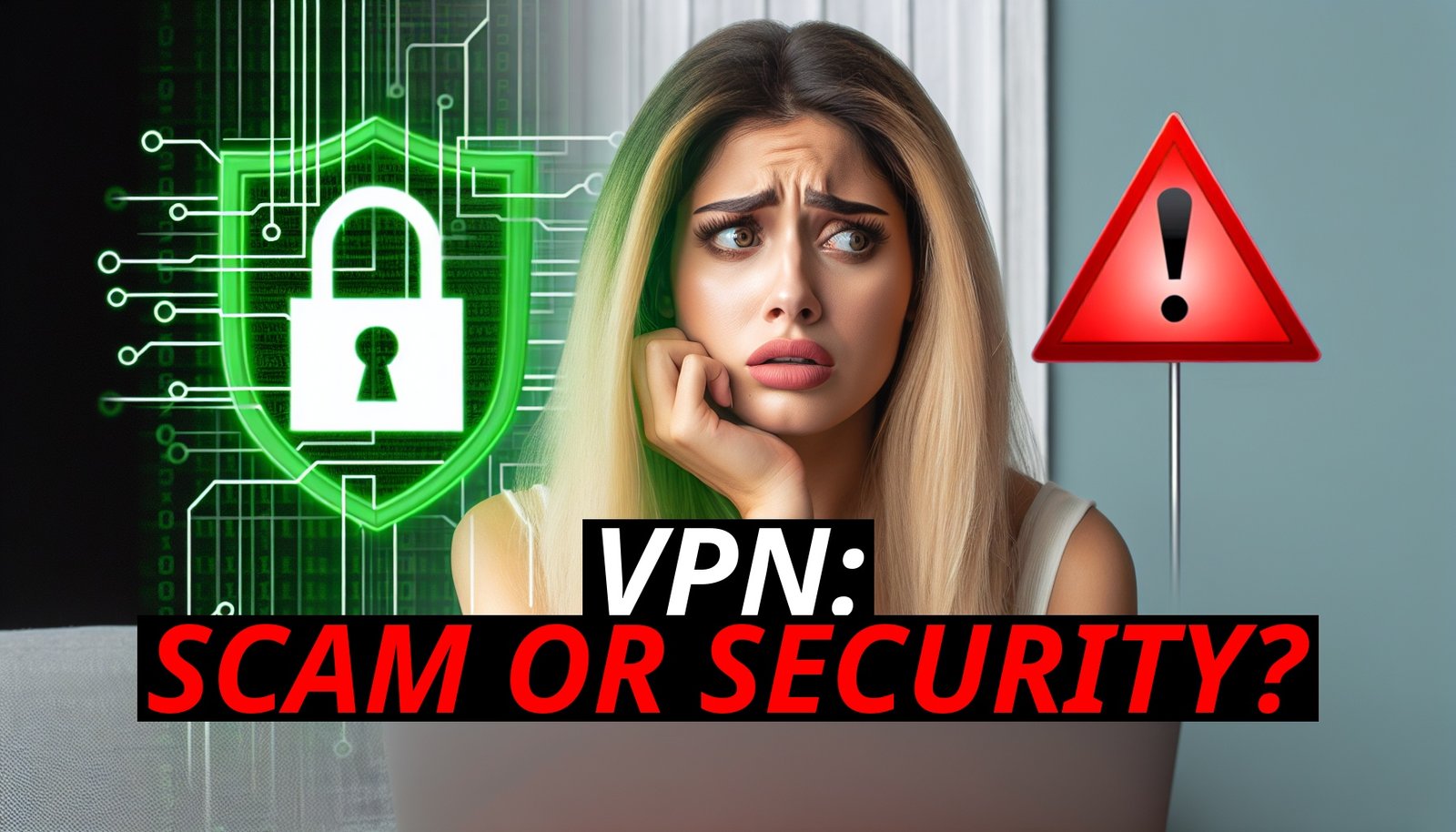Introduction: The Battle Over Your Privacy
In the digital age, protecting your online privacy has never been more crucial. Enter VPNs (Virtual Private Networks) – the touted saviors of your digital anonymity. But hold on, some YouTubers and tech critics are waving red flags, claiming VPNs are overhyped or even scams. What’s the real story? Are VPNs a necessity or a cleverly marketed illusion? Let’s dive into this heated debate, exploring both sides and discovering where the truth lies.
Vpns: The Promises And Realities
What VPNs Claim to Do:
- Encrypt Your Data: VPNs promise to secure your internet traffic by encrypting it, making it unreadable to hackers and snoopers.
- Hide Your IP Address: By masking your IP address, VPNs help protect your identity and location from prying eyes.
- Bypass Geo-Restrictions: VPNs enable access to content restricted by geographical boundaries, from streaming services to websites.
- Secure Public Wi-Fi Use: They offer protection when using unsecured public Wi-Fi networks, a common target for cybercriminals.
The Realities:
- Partial Anonymity: While VPNs enhance privacy, they don’t provide complete anonymity. Your internet service provider (ISP) can still see you’re using a VPN.
- Potential Speed Reductions: Encrypting data and routing it through remote servers can slow down your internet connection.
- Trust Issues: Users must trust that VPN providers adhere to their no-log policies and genuinely protect user data.
- Legal Jurisdiction: VPNs based in certain countries might be subject to data retention laws, potentially compromising user privacy.
The Critics’ Perspective: Overhyped Or Misunderstood?
Common Criticisms:
- Exaggerated Marketing: Critics argue that VPN ads often claim total anonymity and security, which isn’t entirely accurate.
- Data Logging Concerns: Some VPN providers have been caught logging user data despite claiming no-log policies.
- False Sense of Security: Over-reliance on VPNs might lead users to engage in riskier online behavior.
- Performance Issues: The potential for reduced internet speeds can be a significant drawback for some users.
The Counterargument:
- Reputable Providers: Many VPNs have undergone independent audits to verify their no-log claims, and reputable providers maintain strong privacy standards.
- Necessary Tool: For many, VPNs are essential for maintaining a level of online privacy and security, especially in restrictive environments.
- Layered Security: VPNs should be part of a broader security strategy, including strong passwords, two-factor authentication, and other privacy tools.
The Pirate Factor: Evidence Of Effectiveness?
🏴☠️ Pirates and VPNs:
– Adoption by Pirates: The fact that individuals involved in piracy swear by VPNs is a strong indicator of their effectiveness. Pirates use VPNs to hide their IP addresses and encrypt their traffic, making it difficult for authorities and copyright enforcers to trace their activities.
– Risk Awareness: Pirates are well aware of the risks involved in their activities and choose VPNs as a key tool to mitigate these risks. Their continued use of VPNs suggests that they find these tools effective in providing the necessary anonymity and protection.
The Psyop Perception: Sensationalism On Both Sides
Clickbait and Misinformation:
– From VPN Companies: Exaggerated claims in marketing can mislead users about the extent of protection VPNs offer.
– From Critics: Sensational headlines and overemphasis on flaws can create unnecessary fear and skepticism.
The Balanced View:
- Informed Decisions: Users should research and choose reputable VPN providers, understanding both the benefits and limitations.
- Comprehensive Security: Combine VPN use with other security measures for robust online protection.
- Stay Skeptical, Not Cynical: Healthy skepticism is good, but extreme cynicism can lead to missing out on valuable tools.
Conclusion: Navigating The Great Vpn Debate
The VPN debate is a classic example of how digital tools can be both overhyped and unfairly criticized. By understanding the benefits, limitations, and the reality behind the marketing, you can make informed decisions about using VPNs. Remember, a VPN is a powerful tool in your digital privacy arsenal, but it’s not a magic bullet. Combine it with other security measures, stay informed, and navigate the digital world with confidence.
🔍 Stay safe, stay smart, and don’t fall for the hype – on either side! 🔍

